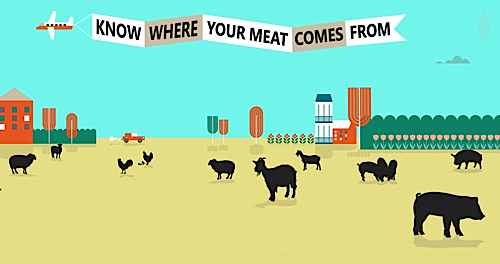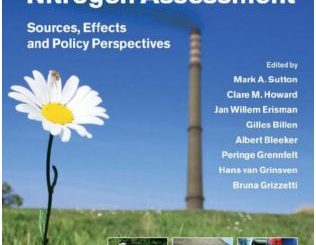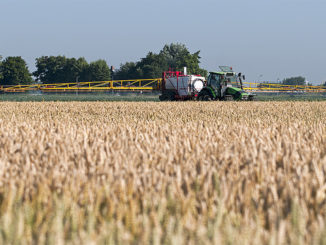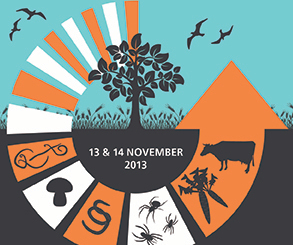
US House of Representatives voted 300 to 131 on Wednesday to drop Country of Origin Labelling – COOL – for US food. The US faces $3.7 billion a year in “retaliatory actions” from Mexico and Canada because of COOL.
According to the Wall Street Journal:
“Canada and Mexico contend that labeling requirements put their cows and pigs at a disadvantage—not because consumers snub their products but because U.S. meatpackers don’t want to go through the hassle and expense of tracking imported animals. As a result, meatpackers offer lower prices for hogs and cattle from Canada and Mexico.
Consumer advocates, among the biggest supporters of the labels, say international trade deals should not trump consumers’ access to information about their food.”
This House vote follows a number of WTO rulings in 2014, and a recent final ruling in May 2015: “This is just the latest example of how multinational companies use the global trade system to attack basic protections for U.S. consumers,” said Food & Water Watch Executive Director Wenonah Hauter. “The meat industry has been trying – and failing – for years to get rid of COOL through the U.S. system, so it had to use unaccountable, unelected trade officials at the WTO to do its dirty work.”
According to Shefali Sharma of IATP: “In 2008, Canada and Mexico challenged the U.S. on COOL at the WTO, asserting that it unfairly discriminated against Canadian and Mexican meat. In reality, it was the global meat industry threatened by the idea that if consumers knew how often animals are transported across national borders as they are mass produced, fattened in feedlots and slaughtered, consumers might choose “born, raised and slaughtered in the U.S.A.” In 2008 alone, the U.S. meat industry spent over $6 million in political lobbying. It spent over $5 million per year from 2009-2012, the period in which the U.S. was revising COOL to make it compliant to the WTO since the U.S. had lost its first appeal at the WTO.”
In the post which includes Sharma’s quote above, we reveal just how the EU seems to be chiming with this idea of rolling back on mandatory Country of Origin labelling.
Much on the momentum for more informative labeling came from the food scares some years back. Presciently, this week BSE was discovered in the Irish dairy herd.
TTIP. ISDS. Regulatory Chill. Regulatory Harmonisation. All of these make basic information for consumers, such as COOL style labeling, more and more difficult.
For more on each of these issues, see our dedicated TTIP posts on ARC2020, where dozens of articles have been posted over the last two years.





